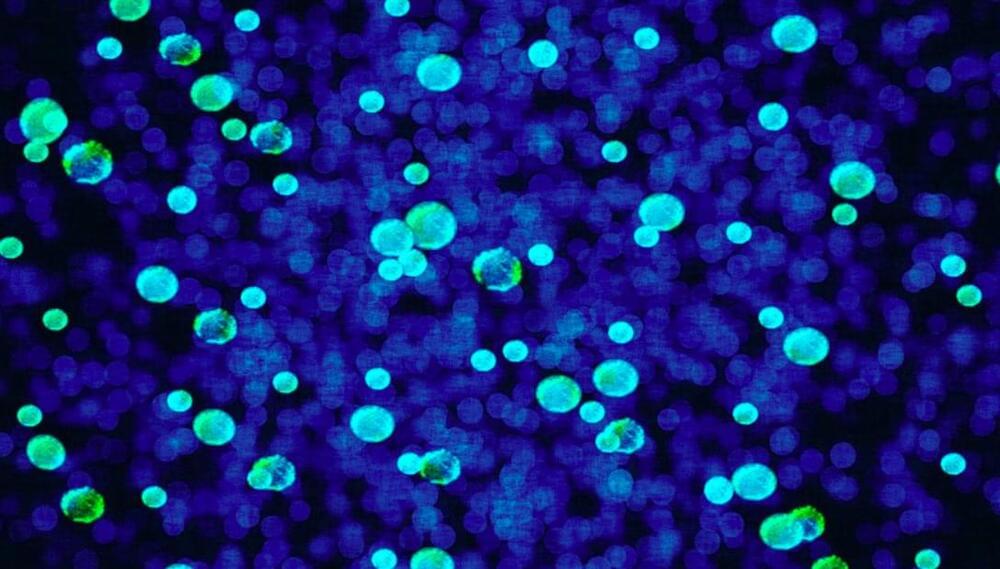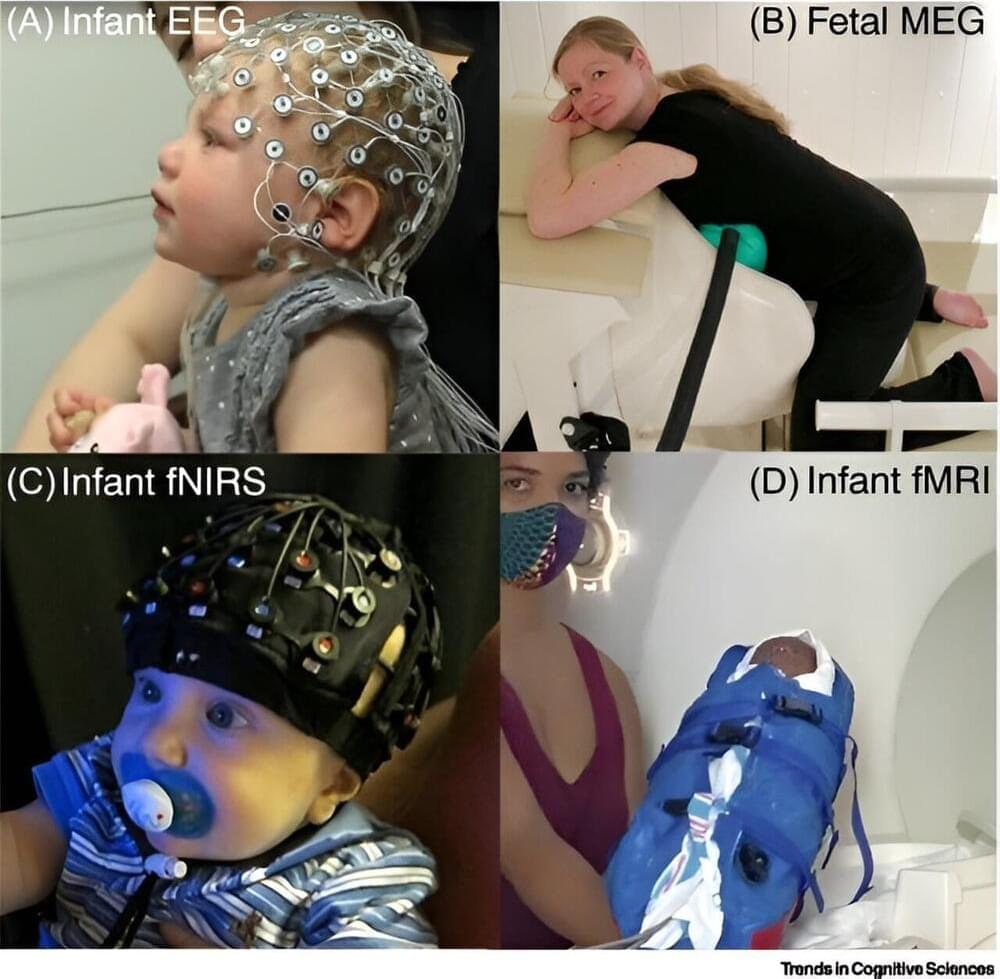According to a study recently presented at the European Respiratory Society International Congress in Milan, Italy, young people who have used e-cigarettes are more than twice as likely to report experiencing chronic stress.
The study was presented by Dr Teresa To, a senior scientist at The Hospital for Sick Children (SickKids) in Toronto, Canada. She said: “Research is starting to show how vaping affects young people’s physical and mental health. For example, our previous research has shown that those who vape are more likely to suffer an asthma attack. In this study, we were particularly interested in the relationship between vaping, mental health, and quality of life among young people.”







